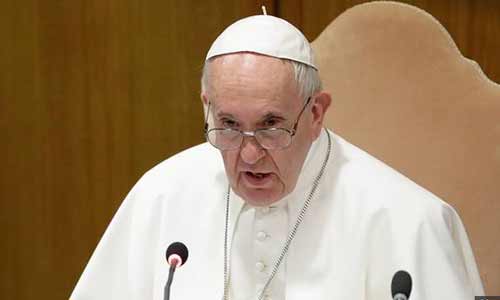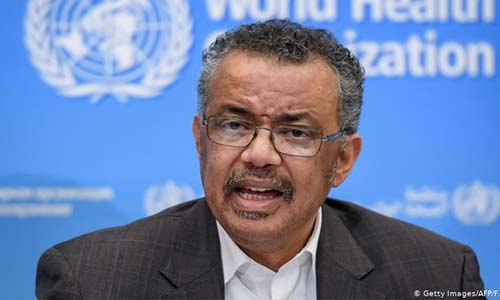INTERNATIONAL 11/08/2023
IMF: Nigeria’s Economic Policies Too Loose to Support Naira

The International Monetary Fund (IMF), yesterday, said Nigeria’s loose fiscal and monetary policies were creating excess liquidity, making it difficult for the naira to stabilise against the dollar two months after authorities allowed the currency to trade freely.
Aisen, disclosed this in Lagos, at a Stakeholders’ Dialogue with theme: ‘The Naira: Paths to Institutional Reforms and Accelerated Growth’
Central bank transfers to the government are increasing the naira in circulation, depressing interest rates, discouraging savings and deterring the dollar inflows that could boost naira stability, Aisen said.
“There are too many naira running after insufficient foreign exchange. The supply of foreign exchange may take some time to build up,” he added.
Nigeria’s central bank eased foreign exchange controls in mid-June as it sought to simplify its exchange-rate regime and kick-start dollar flows. That led to a 40 per cent plunge in the official rate and persistent volatility.
The volatility seen in the naira was likely to continue for a longer period, Aisen said.
Even though the CBN has implemented the longest cycle of monetary tightening in years, raising the benchmark monetary policy rate by more than 700 basis points since May, interest rates still needed to go higher, Aisen said.
“Take the treasury bill rates, take all the other rates, it’s very difficult to give the naira a fighting chance,” Bloomberg quoted him to have said.
While it’s important to seek growth, the government needs to check money supply for the stability of the exchange rate and the economy, which can take 18 months to achieve, Aisen said.
“You need additional macroeconomic tightening of fiscal and monetary policies to be able to give a chance to the naira and stabilize the economy,” he said.
“Meanwhile, you have an abundant number of naira running out, still not sufficient foreign exchange and this is going to be a recipe for depreciation simply because the demand for foreign exchange outstrips the supply of foreign exchange.
“Now you need to give a chance for the naira to fight and the interest rates can be much higher than they are. The inflation rate in the economy is running at almost 23 per cent,” he added.
On his part, the Chief Executive Officer, Economic Associates, Dr. Ayo Teriba, said mechanisms ought to have been put in place to ensure competition in the FX market before unifying the rates.
He said if the federal government wants to see the outcome of its FX reforms, it must save the BDCs from being hounded by the CBN.
According to him, “Energy and transportation costs, make our inflation very hard to reduce. The solution to both is that unless you stabilise the exchange rate, you can never stabilise inflation rate, and unless you have to deal with the supply bottlenecks around transportation and energy costs.
“The BDCs were created by government and licenced by the Central Bank of Nigeria. And I think that this arbitrary exclusion from the official market is autocratic and an infringement on their rights. The list of 43 items they are illegal items, I do not think it is lawful to prevent anybody who wants to import its legitimate item from the market.”
On his part, the Chief Executive Officer, Financial Derivatives, Mr. Bismarck Rewane, said policy change without institutional reform was meaningless, adding that the country’s export earnings have dropped because of oil.



